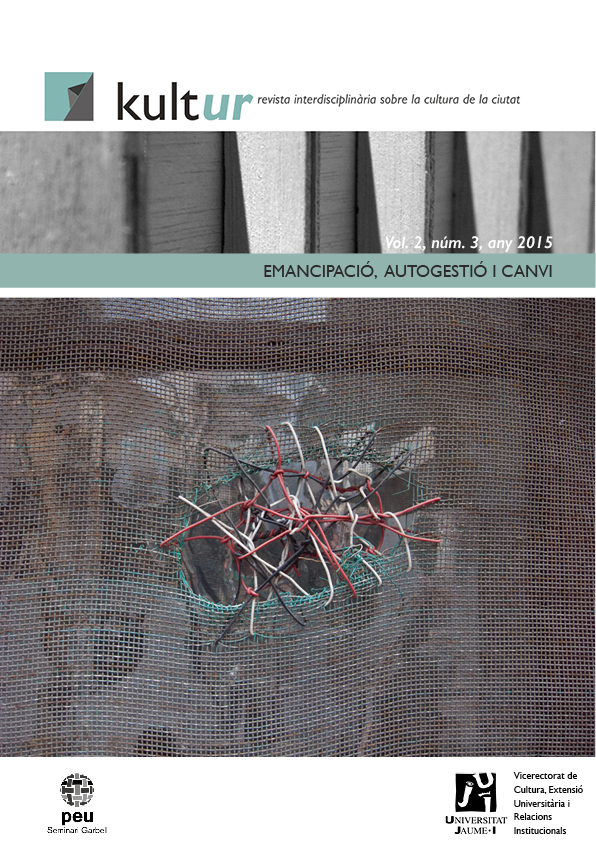Creating Conditions for students to flourish: a Case study of Capabilities developed through a non-formal learning community in a Collegiate university
##plugins.themes.bootstrap3.article.main##
Resum
It is widely acknowledged that higher education offers great opportunities for students to develop as learners, as future employees and as citizens. Much of this learning and development takes place outside the struc- tures of the formal classroom and yet there is little evidence about the ways that these spaces may best create conditions for students to develop their ca- pabilities and interests, and flourish as positive members of a just society. Universities are in a position to “provide the enabling spaces and conditions for development and learning in the way that individuals cannot do alone” (Walker, 2006: 37), and this research seeks to explore ways that non-formal spaces can create conditions for such learning to occur.
A new learning community has been set up within one university college with a focus on learning about and engaging with issues related to international development and human rights. Learning communities are structured with the purpose of encouraging students to connect ideas from different disciplines and of creating long-term, sustained social interactions (Zhao and Kuh, 2004). This learning project aims provide participative and critical learning oppor- tunities for a core group of approximately ten students, and considers student development based on a holistic concept of areas of life that a student has reason to value. Since this differs depending on the interests and ambitions of the student, the project is necessarily student led, but support is provid- ed to students to ensure equality of opportunity to participate. Non-formal (i.e. non-credit bearing and optional), interdisciplinary workshops are run for students who sign up to the community and networking events to facilitate links with international organisations, human rights activists and local refugee
groups to help the students self-organise and lead events and activities for further learning.
The research looks at the ways that the project develops students’ capabilities, defined as their sense of agency and their “freedom to achieve well-being” (Sen, 1992: 48). In an ever more competitive market, universities are increas- ingly interested in what they can offer to the student experience in addition to classroom teaching. Often the focus is on employability, understood narrowly as a ‘checklist’ of skills perceived to be of value to prospective employers. Here we explore broader areas of value that contribute to students’ well-being and how these might impact on their experience of university and their free- dom to make a positive contribution to society beyond university. In particular we focus on the way students engage with social justice issues through the project, and consider the ways they become involved with issues of global importance and how they interpret their freedom to act, participate and con- tribute in a more just society, through consideration of their perceptions of changes in their capabilities.
In this paper I report on the development of capabilities that increase students’ freedom to achieve well-being and agency, and to participate in issues relat- ed to social justice and the learning outcomes for students involved in the learning community in terms of knowledge and understanding, attitudes and transferable skills that may enable them to make a positive contribution to society beyond university. These outcomes have been explored through Sen’s capability approach to examine the impact of a learning community from the perspective of what students value. Through observations of the activities the students organise, we attempt to unpick the interpretations of the learning community as a space to learn, consider different attitudes and acquire skills.
Descàrregues
##plugins.themes.bootstrap3.article.details##
.png)
Tots els continguts de la revista kult-ur se distribueixen sota una llicència d'ús i distribució Creative Commons Atribució-Compartir Igual 4.0 Internacional (CC BY-SA 4.0), excepte indicació contrària. Pot consultar ací la versió informativa i el text legal de la llicència. La indicació de la llicència d'ús i distribució CC BY-SA 4.0 ha de constar expresament d'aquesta manera quan siga necessari.


